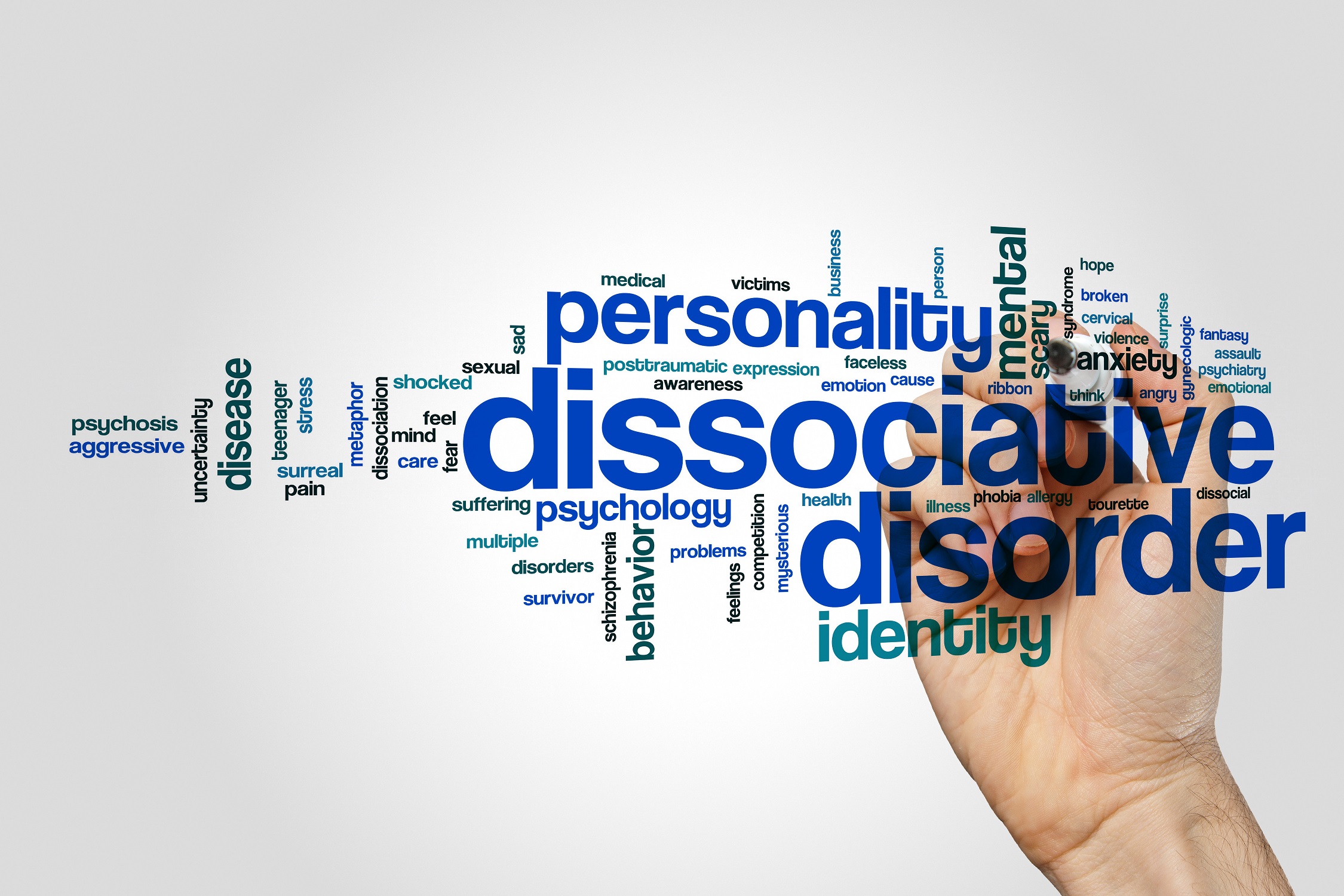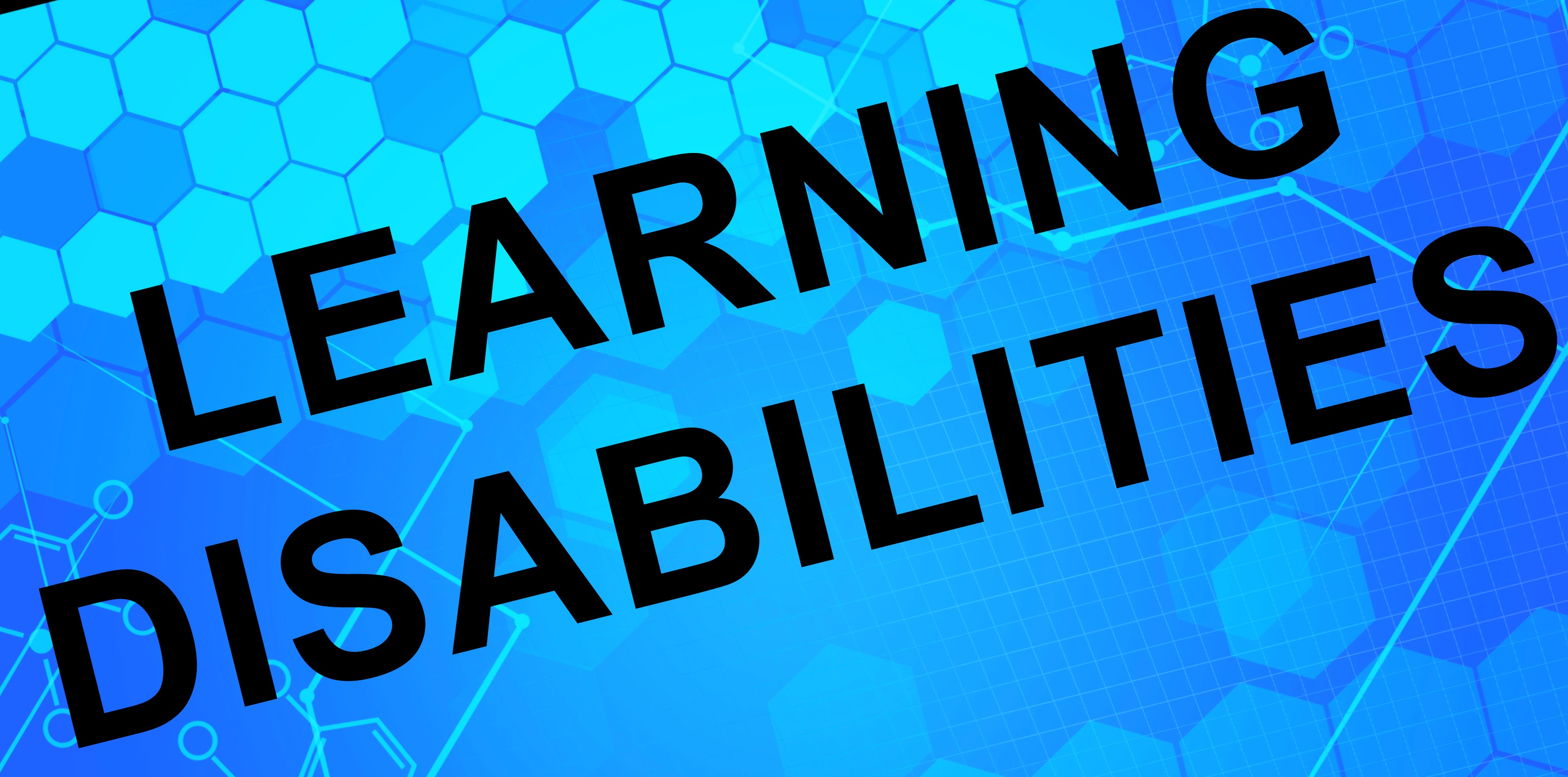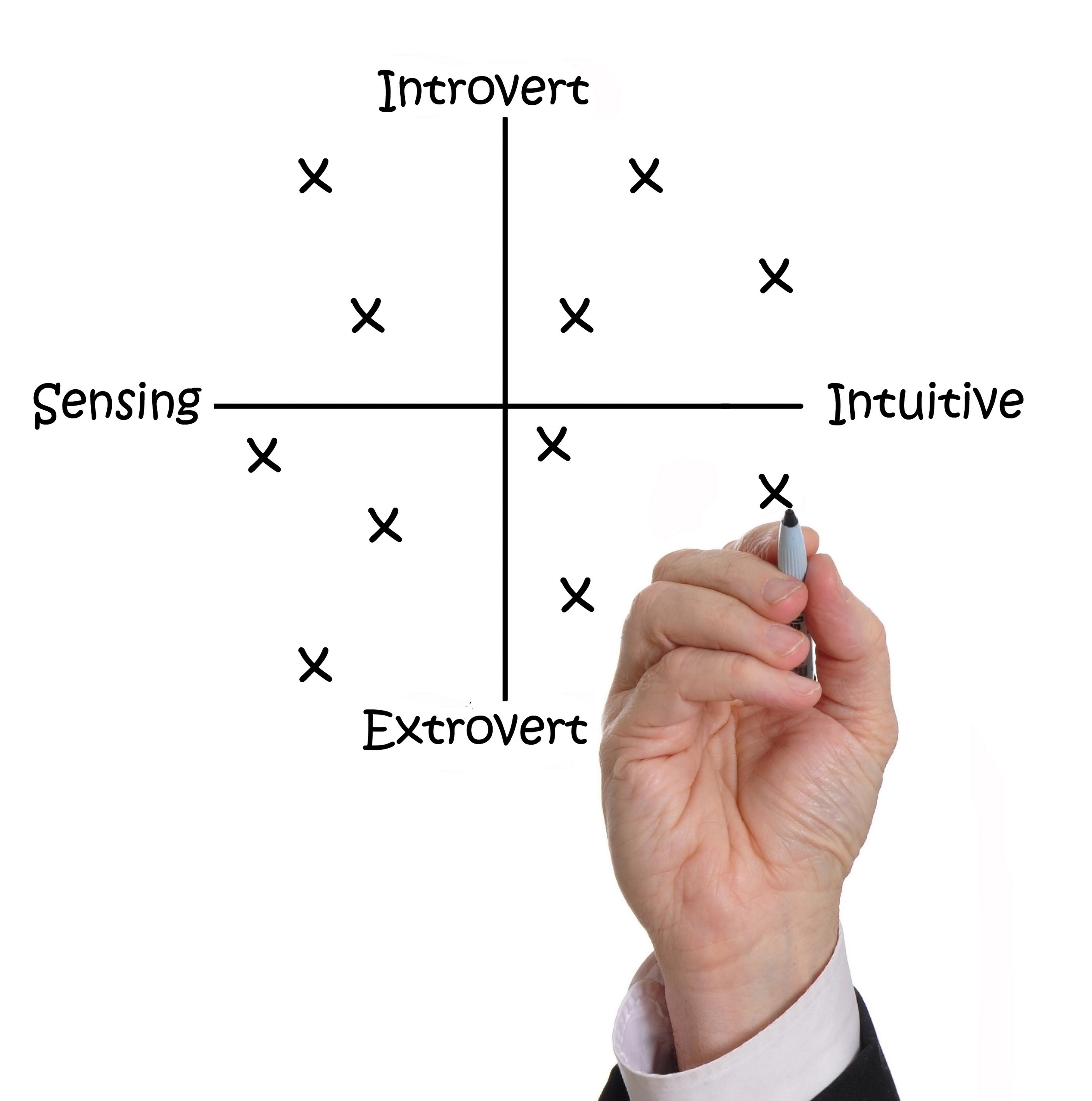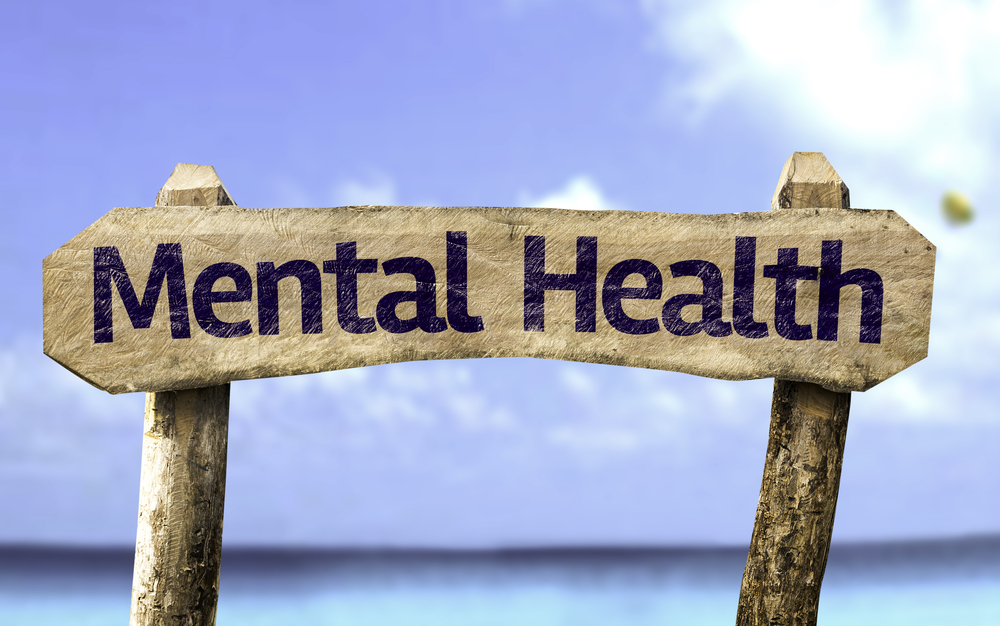Mental disorders
People with schizophrenia may have co-occurring (comorbid) mental disorders. Common comorbid conditions include substance use, anxiety, depression, autism spectrum, and personality disorders. Click on the tabs below to access all the information, or browse via the drop-down menu on the left.
Image: ©Gustavo Frazao – shutterstock.com

Anxiety disorders
What are anxiety disorders? Anxiety disorders include generalised anxiety disorder, which is characterised by continuous and excessive worrying for six months or more. Specific phobias are characterised by anxiety provoked by a feared object/situation, resulting in avoidance. Social phobia is anxiety provoked by social or performance situations, and agoraphobia is anxiety about situations where escape may be difficult or help might not be available. Panic disorder is often the most debilitating anxiety disorder, involving recurring panic attacks which are distinct periods where a person experiences sudden apprehension and fearfulness, where they may present to services with shortness of breath, palpitations,…

Attention deficit hyperactivity disorder
What is attention deficit hyperactivity disorder? Attention deficit hyperactivity disorder (ADHD) is a behavioural disorder characterised by inattention, hyperactivity, and impulsivity. The estimated prevalence of ADHD in children under 18 years in the general population is around 5%. ADHD can persist into adulthood with an estimated prevalence of 2.5% in the adult general population. This topic assesses the prevalence of ADHD in people with schizophrenia. What is the evidence for rates of ADHD in people with schizophrenia? Moderate quality evidence suggests the prevalence of ADHD in children with schizophrenia is between 17% and 57%, and in adults with schizophrenia, the…

Autism spectrum disorders
What are autism spectrum disorders? Autism spectrum disorders are neurodevelopmental conditions characterised by problems in social interaction and communication, and restricted, repetitive behaviours. Symptoms usually appear before three years of age, but can appear later. Autism spectrum disorders are often associated intellectual disability, however average-IQ is frequent. What is the evidence for comorbid autism spectrum disorders? Moderate to high quality evidence finds a large effect of more autistic symptoms in people with schizophrenia compared to controls, and a large effect of fewer autistic symptoms in people with schizophrenia compared to people with an autistic spectrum disorder. The prevalence of schizophrenia…

Depressive disorders
What are depressive disorders? Depression is characterised by a depressed mood and/or a loss of interest or pleasure in activities. Symptoms of depression include changes in appetite, weight, sleep, and psychomotor activity, decreased energy, blunted affect, social withdrawal, difficulty concentrating or making decisions, feelings of worthlessness, hopelessness and guilt, and thoughts of suicide. As many symptoms are common to both depression and the negative syndrome of schizophrenia it can be difficult to identify a comorbid depressive illness in people with schizophrenia. Identifying and treating a comorbid depressive illness may increase the likelihood of recovery from psychosis and reduce the likelihood…

Dissociative disorders
What are dissociative disorders? Dissociative symptoms involve a disruption in the usually integrated functions of consciousness, memory, identity, or perception. These symptoms can be transient or ongoing ,and are often seen as a reaction to trauma. They include depersonalisation (feeling detached from oneself), amnesia, imaginative involvement, absorption (being absorbed in your own mental imagery), and fragmentation of identity. What is the evidence for dissociative disorders in schizophrenia? Moderate quality evidence finds a large increase in dissociative symptoms in people with schizophrenia compared to people without schizophrenia, but less dissociation than people with a dissociative disorder. People with schizophrenia and a…

Intellectual and learning disabilities
What is intellectual disability? An intellectual disability is impaired intelligence that is measured by an IQ lower than 70. Intellectual disabilities usually present during the first eighteen years of life and may also be known as an intellectual handicap, developmental disability or learning disability. Down Syndrome and Fragile X Syndrome are common causes of intellectual disabilities. It has been suggested that there is an increased risk of psychotic disorders in people with an intellectual disability. Antipsychotic medication is most commonly used to treat people with schizophrenia and intellectual disability, however there is often concern about the detrimental effects of antipsychotics…

Obsessive-compulsive disorder
What is obsessive-compulsive disorder? Obsessive-compulsive disorder (OCD) can co-occur in people with schizophrenia. It involves persistent and intrusive thoughts (obsessions) and repetitive actions (compulsions). The DSM-5 (Diagnostic and Statistical Manual of Mental Disorders, Fifth Edition) defines obsessions as recurrent and persistent thoughts, urges, or impulses that are experienced as intrusive and unwanted with associated anxiety or distress. The individual attempts to suppress these obsessions by performing compulsions; repetitive behaviours (e.g., hand washing, ordering, checking) or thoughts (e.g., praying, counting, repeating words). The obsessions or compulsions are time-consuming and can cause significant impairment in social, occupational, or other areas of functioning….

Personality disorders
What are personality disorders in schizophrenia? Personality disorders are enduring patterns of behaviours, thoughts and feelings that deviate from social norms. Many people exhibit these behaviours, thoughts or feelings occasionally, but deviations that persist across situations and cause significant distress and impairment are considered disorders. There are a number of different personality disorders. These include; antisocial personality disorder (disregard for the rights of others); schizoid personality disorder (detachment of social interactions and limited emotional expression); schizotypal personality disorder (discomfort of close relationships, cognitive distortions and eccentric behaviour); paranoid personality disorder (distrust and suspiciousness of others); borderline personality disorder (self-harming, difficulty…

Polydipsia
What is polydipsia? Polydipsia is the intake of more than three litres of fluid per day that cannot be better explained by a physical medical condition, but may be due to stress or a compulsive disorder. Polydipsia occurs more frequently in people with a mental illness than in the general population, and has been estimated to occur at rates of between 9-17% in psychiatric inpatients. Polydipsia may be measured through fluid intake, urine or plasma analysis. Severe polydipsia may lead to insufficient sodium in the body, which may cause coma or even death. As such, it is important to understand…

Post-traumatic stress disorder
What is post-traumatic stress disorder? The Diagnostic and Statistical Manual of Mental Disorders’ (DSM-5) criteria for a diagnosis of post-traumatic stress disorder (PTSD) includes having been exposed to a trauma via direct means (e.g. threats, experience, or witnessing), or indirect means (e.g. learning that a relative or close friend has been exposed to a trauma). For a diagnosis of PTSD, symptoms must last for more than one month and create distress and functioning impairment such as an inability to work, go to school, or socialise. Symptoms include persistently re-experiencing the traumatic event via intrusive thoughts, nightmares, or flashbacks. These can…
Green - Topic summary is available.
Orange - Topic summary is being compiled.
Red - Topic summary has no current systematic review available.
